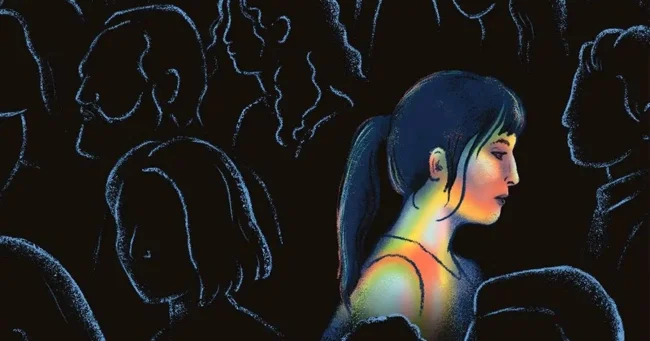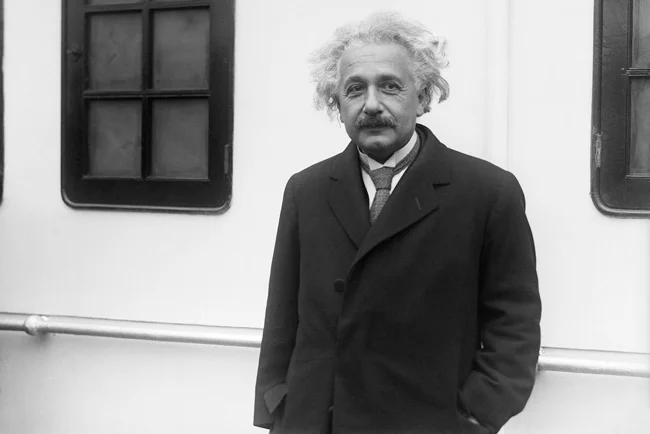Introverts and extroverts, move over! A New Personality Type Has Been Described (4 photos)
Many people believe that people can be divided into introverts and extroverts. But not everyone fits these categories. Between the two camps—some seek solitude, others enjoy social interaction—there's a gray area, and one psychiatrist has dubbed these people "otroverts." 
Dr. Rami Kaminsky, a psychiatrist from the United States, noted that this term refers to someone who feels no sense of belonging to any group.
He coined the term "otrovert" after observing this personality type in himself, his patients, and famous historical figures such as Frida Kahlo, Franz Kafka, Albert Einstein, and Virginia Woolf. 
Dr. Rami Kaminsky
But what exactly makes someone an "otrovert"?
Essentially, it's a combination of introversion and extroversion. Otroverts find it easy to connect with new people and thrive in large groups, but they don't consider themselves part of a group.
"Otroverts are outgoing and able to form deep connections with others," Kaminsky explained in an interview. "The only social difference is the lack of connection to groups: collective identity or shared traditions."
Such people choose their own path and are not inclined to think like the vast majority of society.
As a child, he discovered these qualities in himself when he joined the Boy Scouts. When it came time to recite the oath, everyone around him read the words with excitement, but he remained unmoved.
Dr. Kaminsky notes in his book that this is typical of "otroverts." Such individuals typically have difficulty engaging in team activities—whether sports, work, or even living alongside others.
He believes that these people are not susceptible to the "Bluetooth phenomenon," which involves people's emotional attachment to others. 
The expert added: "Otroverts realize early on that they feel like outsiders in any group. This is despite being popular and welcomed in groups. This mismatch can cause emotional discomfort and a feeling of misunderstanding."
Being an otrovert is challenging, but it doesn't mean you're doomed to be an outsider. It can even help you establish deeper and more meaningful connections with those you care about.
"They find it difficult to be part of a group, even if it's just friends. The problem lies in their relationships with the group as a whole, not with its individual members."
Take a party, for example. An introvert would prefer to have a private conversation with one person rather than flit from guest to guest. 
Dr. Kaminsky believes this personality type helps develop free-thinking, independence, and a rich imagination, surpassing both introverts and extroverts.
In fact, introverts don't particularly care about the impression they make on others and don't fear rejection. Because they have nothing to lose, they often exhibit creativity.
Dr. Kaminsky wrote the book "The Gift of Not Belonging: How Outsiders Succeed in a Like-Minded World." In it, he encourages outliers to embrace their unique qualities.






























